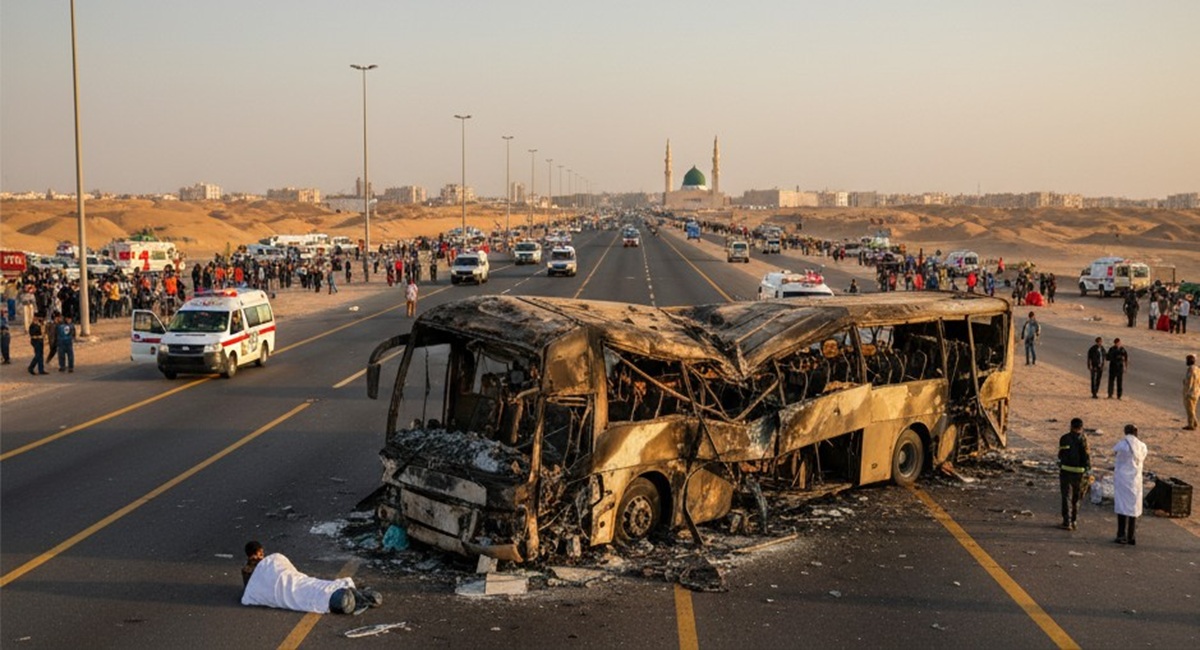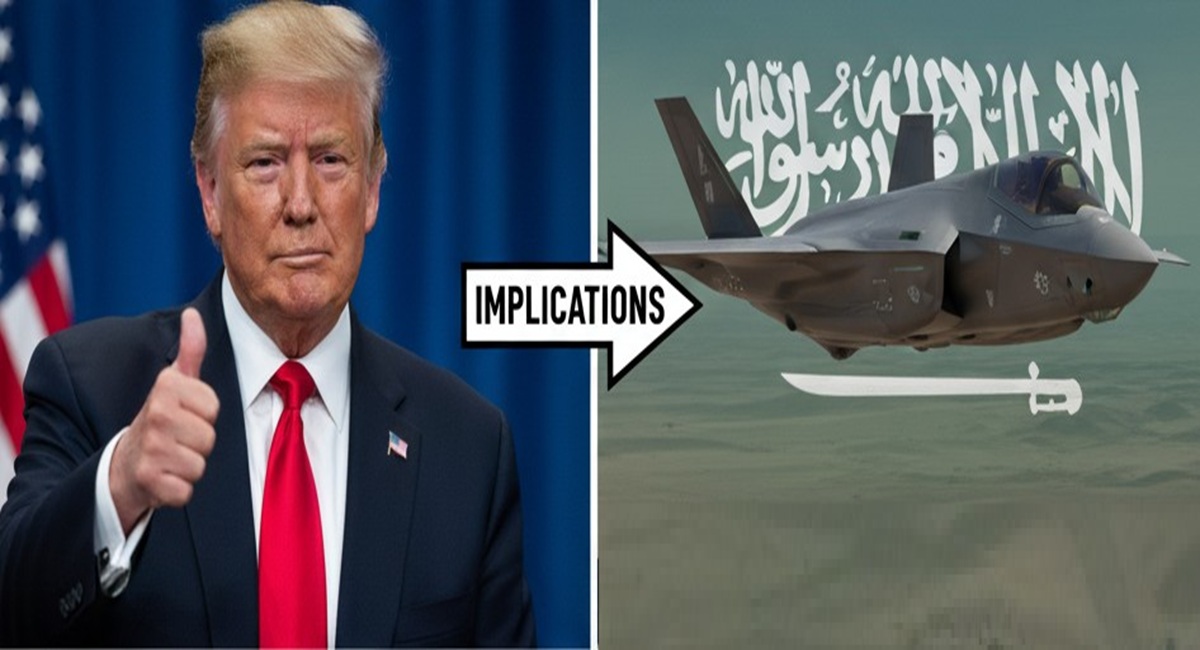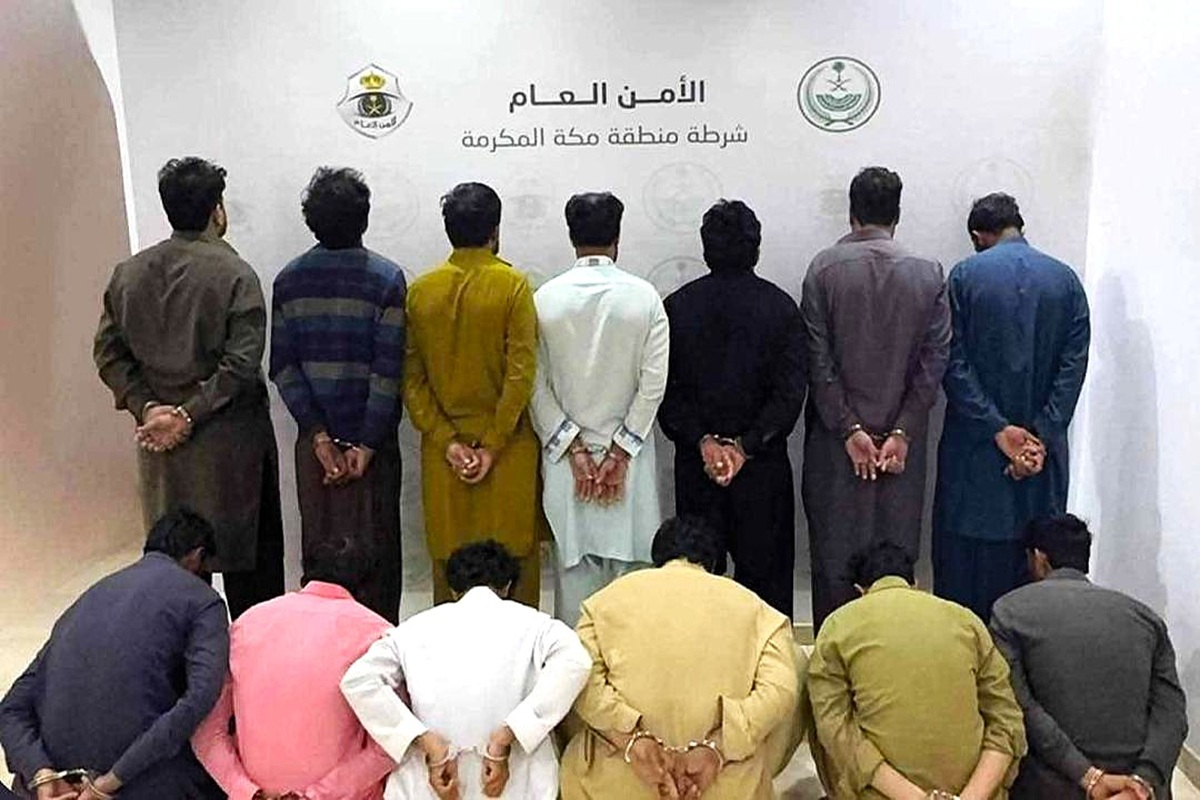The announcement that Saudi Arabia will host the 2034 FIFA World Cup has generated significant global attention and debate. On October 31, 2023, FIFA confirmed that Saudi Arabia’s bid to host the tournament was the sole bid submitted, with Australia having withdrawn its proposal earlier in the month. This decision is historic, as it marks the first time that the FIFA World Cup will be hosted in the Middle East. In this blog, we will delve into the various aspects of this significant event, including Saudi Arabia’s bid, concerns about its human rights record, FIFA’s response, the expected economic impact, and the overall implications of hosting the tournament in this region.
Saudi Arabia’s Ambitious Bid
Saudi Arabia’s bid for the 2034 FIFA World Cup was officially unveiled in October 2022. The bid presented an ambitious plan, including the construction of 12 new stadiums and the renovation of eight existing ones. The Saudi government pledged a staggering $200 billion investment in infrastructure and tourism projects to prepare the country for the world’s most-watched sporting event.
The decision to award the World Cup to Saudi Arabia was initially met with skepticism, considering the country’s past record on human rights and gender equality. However, the Saudi government vowed to adhere to FIFA’s standards on human rights and inclusion, offering assurances that the tournament would be a safe and welcoming event for all fans.
Australia’s Withdrawal
Australia’s decision to withdraw its bid for the 2034 World Cup was a significant turning point in the selection process. The Australian government cited the high cost of hosting the tournament and the challenges in negotiating a favorable deal with FIFA as the primary reasons behind their withdrawal. This left Saudi Arabia as the only bidder in contention, eventually leading to the confirmation of its hosting rights.
Human Rights Concerns
One of the most contentious aspects of Saudi Arabia hosting the World Cup is its human rights record. The country has been criticized for its stringent application of Islamic law, its suppression of dissent, and its restrictions on various freedoms, including freedom of expression and assembly. Furthermore, Saudi Arabia’s treatment of women and LGBTQ+ individuals has been a subject of international concern.
In the lead-up to the World Cup, there are genuine worries that the Saudi government may use the tournament as a platform to improve its image on the global stage and downplay these concerns. Critics argue that the decision to award the World Cup to Saudi Arabia could potentially legitimize the country’s human rights abuses.
Read Also: China $2 Billion Investment in Memory Chip Firm Marks Ambitious Semiconductor Growth
FIFA’s Response to Human Rights Concerns
FIFA has been confronted with a wave of criticism regarding its decision to award the 2034 World Cup to Saudi Arabia. While the organization asserts its commitment to upholding human rights and inclusion, human rights groups remain skeptical about FIFA’s ability to hold the Saudi government accountable for its actions.
FIFA’s stance is that it will collaborate with the Saudi Arabian government to ensure that the World Cup is conducted in a manner that respects human rights. However, critics call for more stringent human rights criteria to be implemented in the selection process for future World Cup bids.
Economic Impact
The economic impact of hosting the 2034 FIFA World Cup in Saudi Arabia is expected to be substantial. The Saudi government estimates that the tournament will generate billions of dollars in revenue, in addition to creating thousands of jobs and boosting the country’s tourism industry.
This massive financial windfall has the potential to accelerate Saudi Arabia’s ongoing efforts to diversify its economy away from oil, as outlined in its Vision 2030 plan. The extensive infrastructure development and tourism projects associated with the World Cup could also leave a lasting legacy for the country, further enhancing its global appeal.
Conclusion
The decision to award Saudi Arabia the hosting rights for the 2034 FIFA World Cup is undeniably controversial. While it presents a historic opportunity for the Middle East to showcase its culture and progress to the world, it is accompanied by significant concerns about Saudi Arabia’s human rights record and its involvement in regional conflicts.
The ball is now in FIFA’s court to ensure that the tournament lives up to its ideals of human rights and inclusion. The world will be watching closely to see how Saudi Arabia addresses these concerns and whether it can indeed deliver a World Cup that is inclusive and welcoming to all. In the meantime, the economic impact of the event promises to be transformative for the country, potentially propelling Saudi Arabia onto the global stage in ways beyond the world of football.
Additional Information
To provide a comprehensive understanding of the 2034 FIFA World Cup in Saudi Arabia, here are some additional details:
- The tournament is scheduled to be held during the summer of 2034.
- The exact dates and venues for the matches have not yet been announced, but preparations are underway.
- Saudi Arabia has pledged to invest billions of dollars in infrastructure and development projects in preparation for the tournament.
- The Saudi Arabian government has also committed to making improvements to the country’s human rights record in the lead-up to the World Cup.
In conclusion, the 2034 FIFA World Cup in Saudi Arabia is a significant event with far-reaching implications. It offers Saudi Arabia a chance to showcase its culture and progress while also raising concerns about its human rights record. FIFA faces the challenge of ensuring that the tournament upholds its standards of human rights and inclusion, and the economic impact promises to be transformative for the host nation. As the event unfolds, the world will closely observe how Saudi Arabia balances these complex dynamics.







